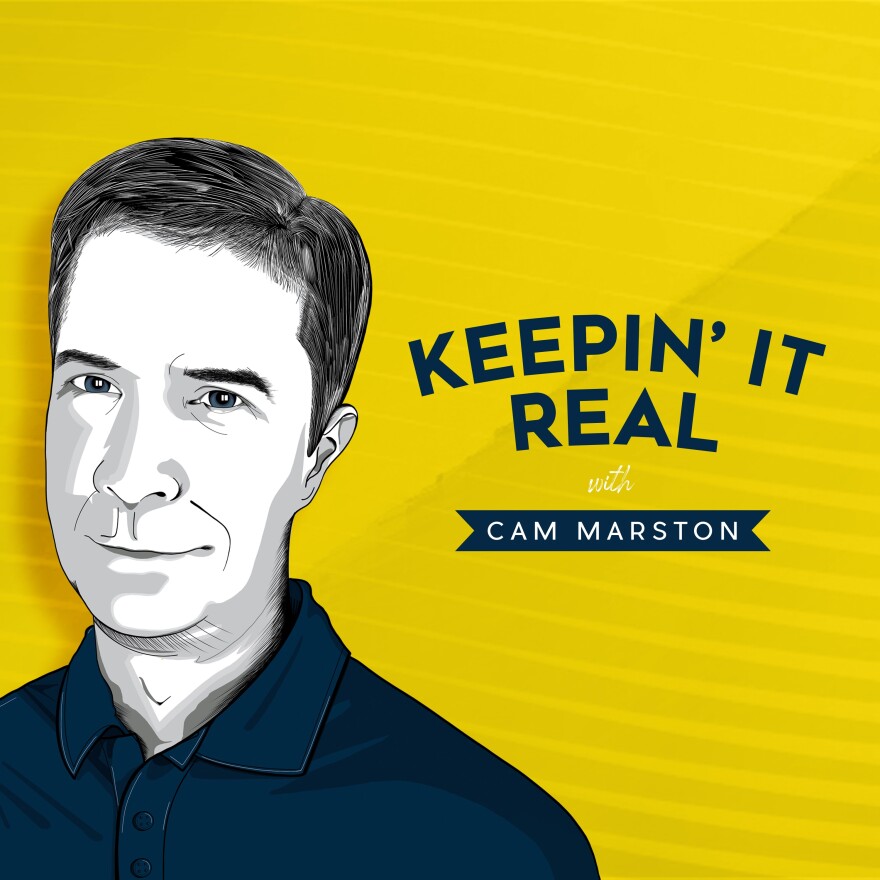It was the spring of 1989 in Augusta, Georgia. I was a member of the Tulane University Rowing team, and we were there to train for Spring Break. Crew teams from across the south and many of the elite crew teams from the northeast came to Augusta, and this perfect stretch of the Savannah River to train during the week and race at the end of the week.
A call went out that the organizers were throwing together an unscheduled race at the end of race day. It was open to the first crews who could respond and would feature a race that none of us would ever forget.
Tulane scrambled to field a crew. I made it lineup and sat in seat number six, a port-side rower. As our boat was backing down into the starting position I looked to my right. It was the Russian national team. They were in the US to train. We’d seen them practicing. Their boat moved effortlessly and screamed down the river. Their powerful strokes appeared to make gaping holes in the water. We’d had sights of them on land and they were all about six feet four and 220 pounds. Cold, solid, and hard looking. The Cold War was still on, and since birth, we’d been taught that these people were our enemy. To our left, in a boat on our starboard side, sat the British national team. They, too, were in Augusta to take advantage of the training. Beating the Brits would have been fine, but it was the Russians we wanted. The other five boats in the race were the elite Ivey crews, and there sat Tulane about to disrupt the rowing establishment and make the name for ourselves that we felt we deserved.
The starter worked to align the boats, backing some down, pushing some forward until all eight bows were aligned. It was quiet as these commands rang out. Sixty-four rowers sat with backs perfectly straight, leaning slightly forward, oar blades completely submerged, hands tight on the handle, looking forward, steely-eyed, waiting for the start, breathing. The starter finally had alignment, and it happened fast. We heard, “Rowers sit ready. Ready! Row!” and we dug in for the first stroke.
We were tied with the Russians for maybe one one-hundredth of a second. By the time we had completed ten strokes they were half a boat length ahead. In another ten strokes, we could no longer see them. All we saw was their fading puddles where their oars had torn holes in the water. Within twenty seconds our hopes for upending the world rowing order had vanished. It happened fast.
We weren’t really upset at the outcome. Heck, we had just raced the Russians. How many of our rowing peers could claim anything like that? We were a club team, not even varsity, but we did it. We tried. We tossed our hat in the ring and tried to give those commies a good whippin.’
So, here’s to you and me throwing our hat into the ring for something for which we know we are completely outgunned in the new year and doing it anyway. We got shellacked but, heck, I’ve been telling this story for thirty-six years. It was well worth it.
I’m Cam Marston, and I’m just trying to keep it real.



